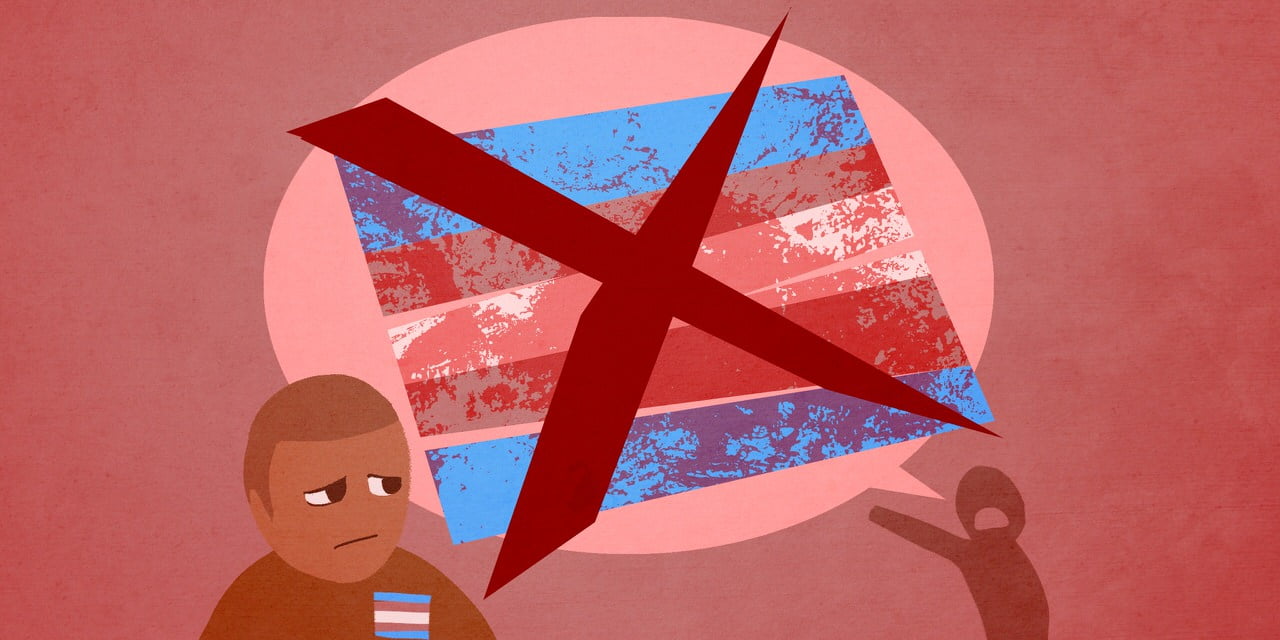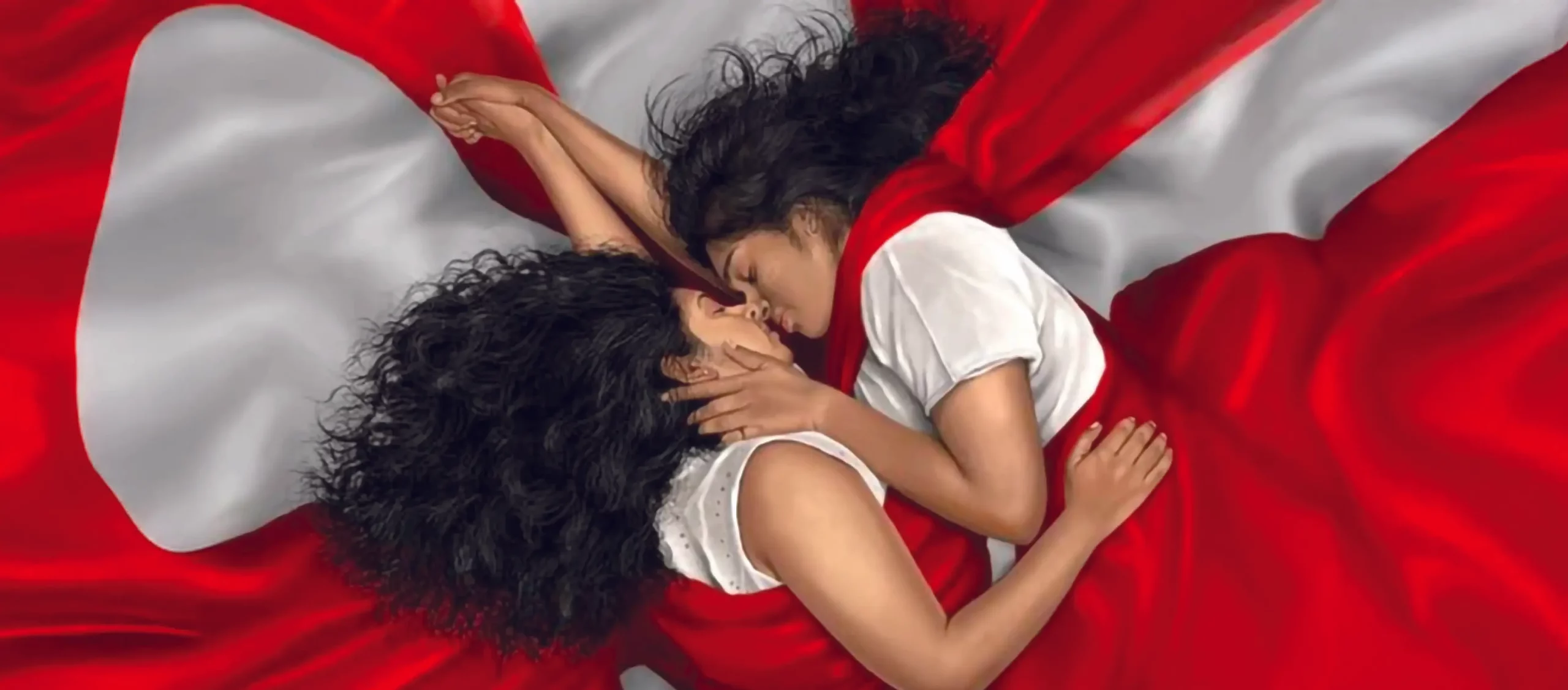The internet has been a liberating space for me in many ways. It probably has been for many of us. It has helped us access knowledge which was earlier restricted to mostly libraries and encyclopedias, expanded our ways of seeing the world around us, and helped us connect with people and stories from around the world.
For those of us who have struggled with some or the other aspect of our identity, or felt lonely in our immediate surroundings, it has helped us access a support system of others like us, even anonymously. This same anonymity and freedom, however, can also make the internet a scary space, as it can be used by ‘trolls’ to harass, abuse, and intimidate anyone holding a different opinion from them. This has become especially evident to me through my gender transition over the last few years.
Let me state at the outset, that I have by no means experienced the worst of the internet, probably because I have consciously chosen to avoid its dark corners, both before and after my transition. One does not need to go looking for trolls though, as they often come looking for you even in the most innocuous spaces of social media.
For many years before my transition, when I presented myself to the world as male, I freely expressed my opinions on a wide range of issues through blogs, social media posts and comments, and one-to-one conversations. I had many run-ins with people, both acquaintances and strangers, who had views contrary to mine which were impossible to reason with. At the same time, I felt no qualms about sharing my photographs and important life events on social media, with my family and me clearly visible not just to friends, but often to anyone using that platform.
trolls often come looking for you even in the most innocuous spaces social media.
As I have proceeded through my transition, I have chosen to purposely disengage from many of these activities one by one. I have put in place stricter privacy settings than before, and share very few photographs of myself or my family. I have pruned my list of Facebook friends by just about 1%, but that has reduced the ‘noise pollution’, i.e. incidence of extreme views and trolling in my feed, by about 90%.
I engage more in one-to-one conversations online if possible, instead of a public ‘comment war’. Even when I come across horribly misogynistic, homophobic or transphobic posts or comments on any page or group, I try to avoid a direct confrontation as far as possible.
Much of this caution is because I am still closeted to many people I know. It is possible that once I am fully out, I may engage more openly and freely on all these fronts. However, I also know that it will never be the same as it was before my transition. We all know that the internet is far more unsafe for women than it is for men.
Also Read: Living Like ‘The Danish Girl’ In Today’s India: A Trans Woman’s Account
I may or may not engage more in future, but I will still remain far more conscious of my privacy than I ever was earlier. There is also the fact that many of these trolls are now more brazen and outspoken in their approach, because of political developments over the last few years.
Even without being fully out, my profile and pictures on social media do not make my gender immediately clear to any strangers anymore. I have already faced instances of random strangers sending friend requests and trying to initiate conversations assuming I am a cis binary woman. None of this has become directly threatening or abusive so far, but I think that’s mostly because of how much I censor myself while online.
A lot of what I’ve said above is applicable not just to the internet and social media in general, but many so-called ‘safe spaces’, especially groups dedicated to queer issues that I have seen many of. Very often, these spaces are no better in dealing with misogynistic and transphobic posts or comments, even if they are actively engaged in combating mainstream homophobia. Sometimes, this lack of seriousness is explained away as support for ‘freedom of expression’, which is a terribly misunderstood concept among many of us.
Freedom of expression is only a right which exists against the state, i.e. the state should not be able to imprison or punish you for whatever you say, with some clearly defined and extreme exceptions. However, it does not imply that your expression can have no consequences for you whatsoever, or that others have to be forced to listen to you or give you a platform. Julia Serano makes this point really well when she says that refusing to tolerate intolerance is simply the use of one’s own freedom of expression and not a curtailment of anyone else’s rights.
Technology can solve problems, but it can also amplify our biases and the loudest, most bigoted voices.
Despite all this, I would reiterate that the internet has been an empowering and liberating space for me, as it has allowed me access to information and people that have helped me navigate my gender transition more easily than may have been possible in pre-internet days. Not just in the context of my transition, but in many other ways, the open and decentralized nature of the internet makes it a useful and empowering tool for many of us.
This tool can be improved so that many of us are no longer forced to hide or censor ourselves for the sake of our personal safety. It is not so much about technology itself, but people who make use of it. Technology can solve problems, but it can also amplify our biases and the loudest, most bigoted voices.
This leads to the marginalized voices becoming feebler and a vicious cycle repeating itself. To break this vicious cycle, one has to actively work towards creating a level playing field and directly combating hatred and bigotry, instead of giving it a free run in the name of ‘freedom of expression’. Only then can we say that the internet is actually safe for all of us, no matter who we are.
Also Read: A Take On #MeToo From Two Sides Of The Gender Galaxy
Featured Image Credit: The Daily Dot
About the author(s)
Vidya is a queer feminist woman with a history of gender transition. She and her spouse are like most other 'millennial' couples in urban India, balancing their relationship, careers, and a young child, with Vidya's ongoing gender transition.




